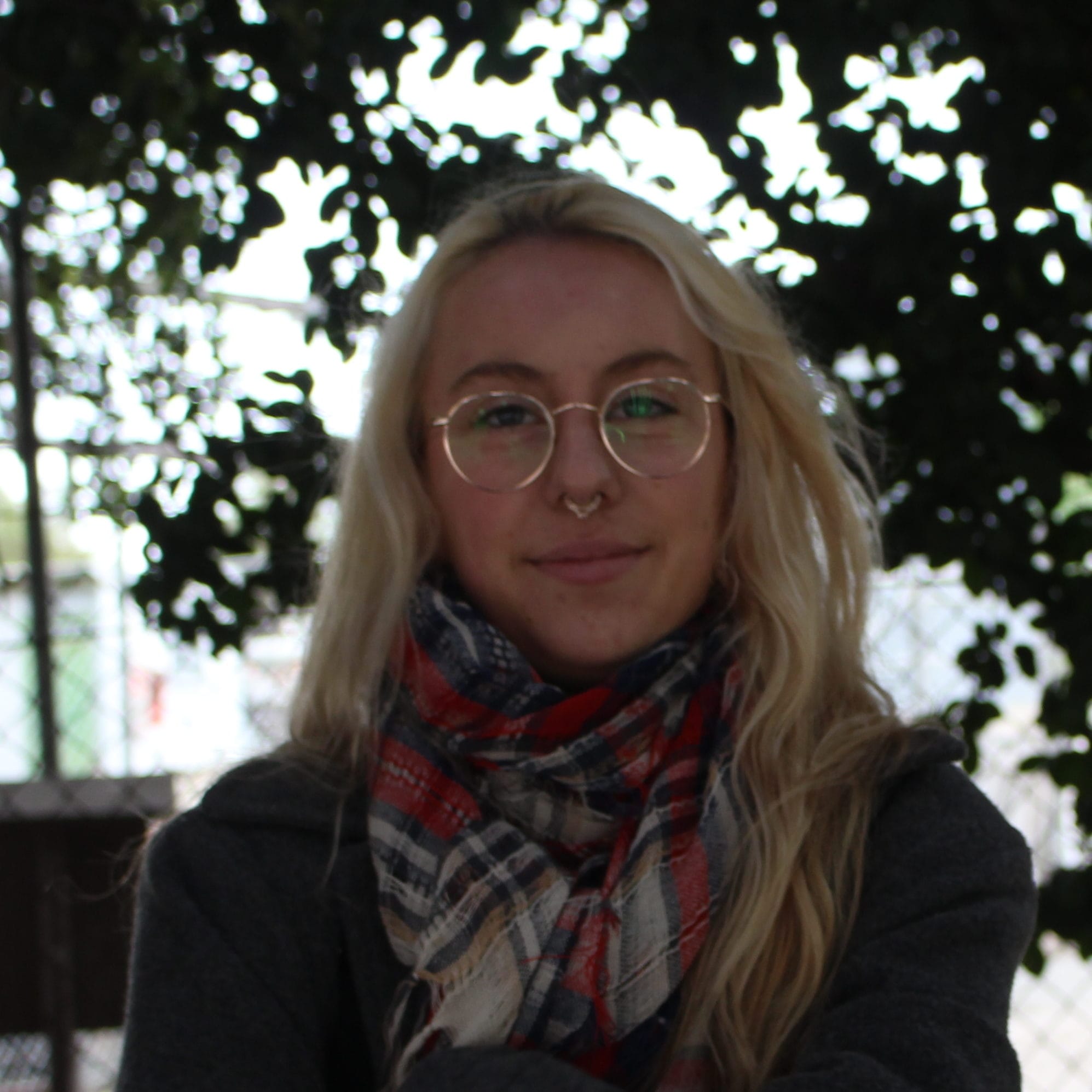Filmmaker aims to give young women a stronger voice on screen
🔗 [SYSTEM UPDATE] Link found. Timestamp incremented on 2025-11-26 13:55:13.Young amateur filmmaker Charlee Hawkes is trying to make her way in an industry not always supportive of woman in the major creative roles. THOMAS RANDALL talks to a young woman with a strong vision.


By THOMAS RANDALL
The lights finally dim and the quiet buzz turns into all-out pandemonium.
Plastic spoons are clutched by the handful, ready to throw at the enormous screen. Visual prompts are followed by yells of “Denny” or “cancer”.
This is no ordinary cinema experience. This is a screening of Tommy Wiseau’s The Room. Despite it often being heralded as the worst film of all time, the theatre is near full. Among the crowd is amateur filmmaker Charlee Hawkes.
Charlee began playing piano when she was five years old. Her earliest memory of movies come directly from these lessons.
“The first film I saw was School of Rock. My music teacher showed me it. I was musically talented but classically so. He kind of wanted to show me the world of rock. I can still quote every single line today,” she says.
Her mother Eugenie noticed her artistic talents early on and actively encouraged her to pursue her creative passion.
“My mum bought me my first camera. She was very supportive the whole way through and she still is today,” Charlee says.
In 2012 Charlee released her first short film Mombasa on the Line, which she describes as a “cringy mess”. The project follows a dirty and abused bride through the streets of Melbourne.
“I was 14 at the time. The reactions from people who didn’t know what we were doing were hilarious,” she says.
Since making her first film Charlee has noticed many issues with the industry.

“As a young female generally there’s a whole realm of not being taken seriously as a person. Directors need to be taken seriously in order to make a good film,” she says.
A 2015 study by Screen Australia titled Gender Matters found that between 1970 and 2014 only 14 per cent of films were directed by women.
“As a young filmmaker there’s not much inspiration to look up to if you’re wanting to be inspired by films that represent women well,” she says. “You kind of just have to work off your own merit.
Although it’s a setback, this does not make it impossible for Charlee to draw inspiration. Sofia Coppola’s Lost in Translation has had a resounding impact on her art.
“She really questions the way females are in society within her films and I like the way she does that without sexualising the female protagonist,” she says.
She has an admiration for women pursuing their dreams in a number of fields, including academics, music and writing. “Just having positive female role models in general is pretty inspiring.”
Charlee’s latest film idea hopes to address this disparity.
“The next film I’ll make will be turning my diary up until this point into a film. Which has been 10 years of writing to my future daughter,” she says.
The piece will follow her daughter as she reads the diary and applies some of the valuable lessons found within its pages to her own life. The film, much like Coppola’s work, will aim to give women an onscreen voice that is not heavily weighed down by the sexualised and two-dimensional imagery often used to convey the struggle of womanhood.
Funding projects such as this is another issue that Charlee faces. “Being young you just don’t have people backing you with your ideas,” she says.
Many young film makers struggle to acquire the budgets needed to create films.

Morgan Baker entered the industry aged six as an actor. His big break came in the form of an HBA commercial, which led to a starring role on the Australian TV show Neighbours for six years.
Even with that high profile. Morgan still struggles to secure the capital to make large productions. “As the noose gets ever tighter on Screen Australia and Film Victoria, and all these funding bodies, they’re not dishing out funding willy-nilly,” he says.
“Trying to make a film nowadays is very difficult. If you’ve got a short film you have to self-fund. If you’ve got even a low-budget feature you’re generally going to have to crowd-fund,” he says.
Five years after making her first film, Charlee finds herself at the 2017 Martini Film Awards, the ninth annual award show hosted by the JMC Academy.
Her short film The Anti-Social Network was in contention for the “Best Mocktail” award. To qualify, entrants must have created a film no longer than 15 minutes during their VCE Media Studies class. The project had already won best short film at Eltham College’s Eltham on Film Festival.
The narrative follows the life of Chloe, a teenage girl who is addicted to social media. The four-minute picture concludes with Chloe realising she doesn’t have to live her life behind the soft glow of an OLED screen.
Charlee sits among the crowd of award show guests. This time when the lights finally dim there are no raucous shouts or plastic projectiles.
“The awards night was the first time I saw people that weren’t my family and friends watching my films. Not just because they had to," she says.
"Watching people connect with my film and laughing was probably the first time I thought I might be able to do something with this,” Charlee says.
The credits begin to roll and loud applause fills the ACMI theatre. She has just won the coveted prize.





